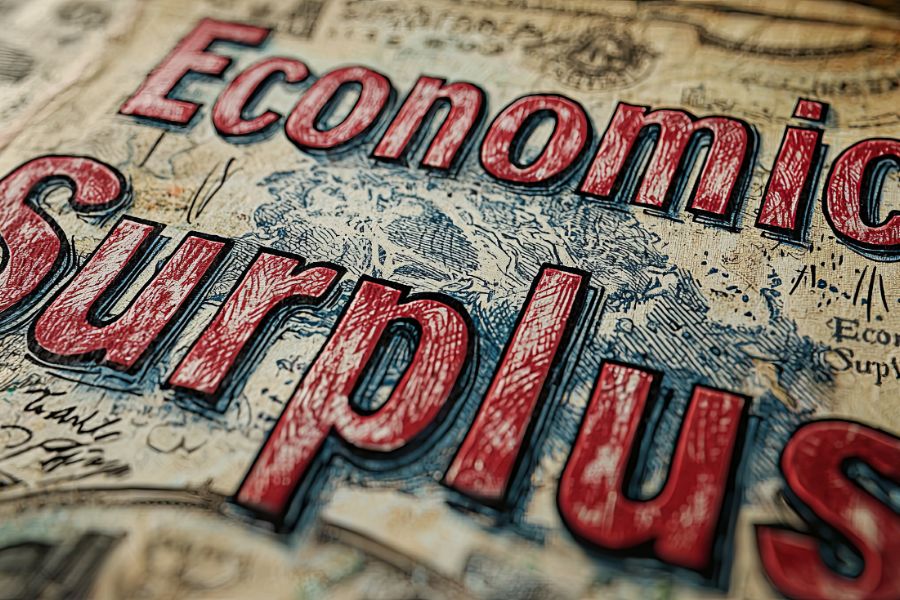7 Effective Tips for IGCSE Economics Notes Ideas for Study
Preparing for the IGCSE Economics exam can feel overwhelming, but having well-organized and detailed notes can make your revision process smoother. Effective notes not only help you retain important concepts but also improve your understanding of economic principles. In this article, we’ll share seven practical tips for creating high-quality IGCSE Economics notes. Whether you’re just starting or looking to improve your study habits, these tips will set you on the right track.
1. Organize Topics Based on the Syllabus
The IGCSE Economics syllabus is your roadmap to success. Use it to structure your notes, ensuring that all essential topics and subtopics are included.
Why It Works:
Organizing notes based on the syllabus ensures you don’t miss any important areas and makes revision more systematic.
How to Apply:
- Divide your IGCSE Economics notes into key sections such as Microeconomics, Macroeconomics, International Trade, and Economic Development.
- Break each section into smaller topics. For instance, Microeconomics includes subtopics like Demand and Supply, Elasticity, and Market Structures.
- Use headings and subheadings to make your notes easy to navigate.
By following the syllabus, you’ll stay focused and better prepared for exams.
2. Highlight Key Definitions and Formulas
Economics is rich with technical terms and formulas that you must master. Highlighting these elements ensures they stand out for quick reference.
Why It Works:
Definitions and formulas are common in exam questions. Having them clearly highlighted helps during last-minute revision.
How to Apply:
- Write definitions for terms like Opportunity Cost, Inflation, and GDP in bold or use a different colour.
- Create a separate formula sheet, including calculations like Price Elasticity of Demand (PED) or Gross National Product (GNP).
- Use flashcards for quick memorization of definitions and formulas.
This practice makes recalling key concepts easier during exams
3. Use Diagrams and Graphs Effectively
Economics relies heavily on visual representation through diagrams and graphs. Incorporating these into your notes simplifies complex ideas and boosts your understanding.
Why It Works:
Graphs like Demand and Supply Curves or Production Possibility Frontiers (PPF) are often tested in exams. Learning to draw and interpret them accurately can earn you extra marks.
How to Apply:
- Draw clean, labelled diagrams for topics like Market Equilibrium, Shifts in Supply and Demand, and Circular Flow of Income.
- Practice sketching these graphs regularly to improve speed and accuracy.
- Add annotations explaining the graph’s significance or any changes it represents.
Diagrams not only enhance your notes but also improve your ability to explain concepts in exams.
4. Summarize Information with Tables and Charts
Some economic concepts are easier to understand and memorize when summarized in tables or charts.
Why It Works:
Tables and charts help you compare different elements, such as market structures or types of economies, in a concise and visual way.
How to Apply:
- Create tables for topics like Monopoly vs. Perfect Competition, listing characteristics like Barriers to Entry, Pricing Power, and Efficiency.
- Use charts or mind maps for processes, such as the Effects of Inflation or the Stages of Economic Growth.
Summaries make revision faster and help you focus on the most important details
5. Include Real-Life Examples
Relating economic concepts to real-world scenarios not only makes your notes interesting but also strengthens your understanding.
Why It Works:
Application-based questions in exams often require linking theory to real-life situations. Having examples in your notes prepares you for such questions.
How to Apply:
- Add brief examples for topics like Taxes (e.g., how a rise in fuel taxes affects transportation costs) or Trade Policies (e.g., the impact of tariffs on imported goods).
- Use current events to explain concepts like Unemployment Rates, Inflation, or Global Trade Agreements.
Real-life examples make abstract concepts tangible and memorable.
6. Keep Your Notes Concise and Clear
When preparing IGCSE Economics notes, focus on clarity and conciseness. Avoid writing long paragraphs and aim for simplicity.
Why It Works:
Short, clear notes are easier to revise, helping you focus on key points without feeling overwhelmed.
How to Apply:
- Use bullet points, numbered lists, or flowcharts to organize information.
- Avoid including unnecessary details; stick to the main concepts and definitions.
- Use abbreviations and symbols like “↑” for increase or “Δ” for change to save space.
Concise notes save time during revision and improve focus.
7. Regularly Update and Review Your Notes
Your understanding of Economics will grow as you study more. Regularly updating your notes ensures they remain accurate and comprehensive.
Why It Works:
Frequent reviews reinforce learning and help identify areas you may have missed.
How to Apply:
- Dedicate time each week to revise and refine your notes.
- Compare your notes with textbooks, class materials, and past papers to ensure completeness.
- Use different colours or sticky notes to mark areas that need more attention.
Consistent updates make your notes a reliable study tool throughout the course.
Why Choose CKM Academy for IGCSE Economics Notes and Guidance?
If you’re looking for expert guidance in preparing IGCSE Economics notes, CKM Academy is a top choice. Established in 2018, CKM Academy offers personalized coaching for IGCSE, A-Level, and IB students in Borivali West.
What Makes CKM Academy Stand Out?
- Expert Faculty: CKM Academy’s teachers are well-versed in the CAIE curriculum and provide in-depth guidance tailored to students’ needs.
- Comprehensive Resources: They offer IGCSE past papers, subject-specific notes, and interactive learning tools to ensure you’re well-prepared for exams.
- Student-Friendly Approach: With a blend of traditional teaching methods and modern technology, CKM Academy ensures that learning Economics is both enjoyable and effective.
For top-notch Economics coaching and resources, CKM Academy is the go-to choice for students aiming to excel in IGCSE.
Conclusion
Creating effective IGCSE Economics notes is a skill that can greatly enhance your exam preparation. By organizing topics based on the syllabus, highlighting key terms, incorporating diagrams, and using real-life examples, you can make your notes both efficient and engaging.
Don’t forget to keep your notes concise and review them regularly to reinforce your understanding. If you need expert guidance and high-quality resources, consider CKM Academy, where you’ll receive the support you need to succeed.
With these tips and the right mindset, you’ll be well-prepared to ace your IGCSE Economics exam. Good luck!
Image Reference: Freepik
Disclaimer: All trademarks, logos, and brand names are the property of their respective owners. All company, product, and service names used in this website are for identification purposes only. Use of these names, trademarks, and brands does not imply endorsement.





